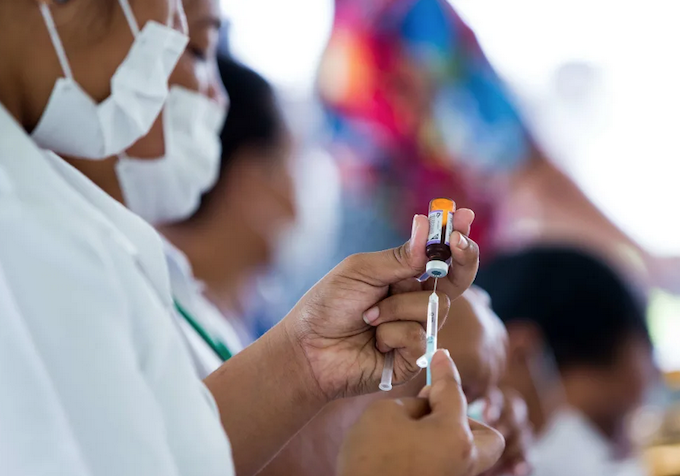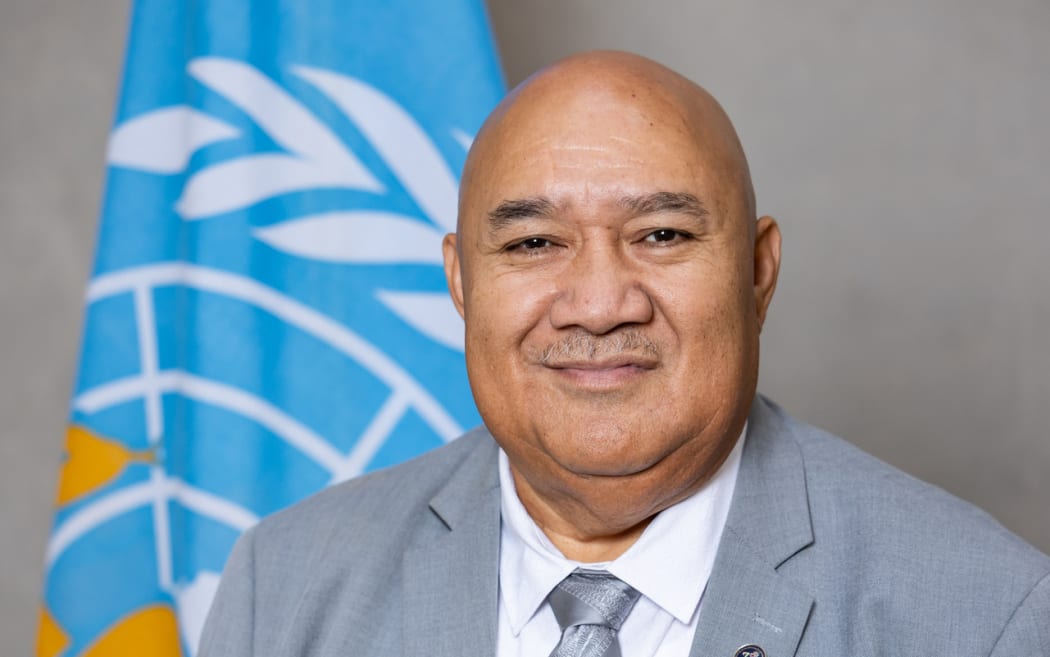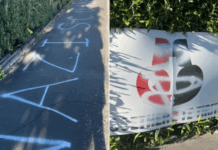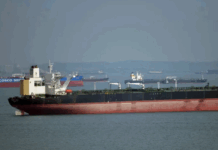
By Caleb Fotheringham, RNZ Pacific journalist
Surveillance and better vaccine coverage is needed to prevent another measles outbreak in the Pacific, says the World Health Organisation’s (WHO) Western Pacific regional director.
Dr Saia Ma’u Piukala said many children missed out on routine vaccinations — including measles and rubella — during the covid-19 pandemic.
According to WHO, measles cases jumped by 225 percent — from just over 1400 cases in 2022 to more than 5000 last year — in the Western Pacific region.
A statement from WHO said the recent increase has been caused by gaps in vaccination coverage and disease surveillance, and people travelling from countries with outbreaks.
“I think the health workforce were concentrating on covid-19 vaccinations and forgot about routine vaccinations, not only for measles, but other routine immunisation schedule,” Piukala told RNZ Pacific.
“People are going back to fill the gaps.”
From 2022 to 2023, 11 countries in the Western Pacific, including Fiji, Kiribati, Marshall Islands, the Federated States of Micronesia, Palau and Papua New Guinea, conducted nationwide measles and rubella vaccination campaigns.
Catch-up successful
Piukala said the catch-up campaigns had been successful.
“That will definitely reduce the risk,” he said.
“No child should get sick or die of measles.”
In 2019, Samoa had an outbreak that killed 83 people off the back of an outbreak in Auckland.

Piukala said the deaths made people understand the importance of measles and rubella vaccinations for their children.
Fiji, Guam, French Polynesia and New Caledonia are the only countries or territories that have local testing capacity for measles, with most nations sending samples to Melbourne for testing.
Piukala said WHO plans for Samoa, the Cook Islands, and the Solomon Islands to have testing capacity by 2025.
“The PCR machines that were made available in Pacific Island countries during the covid pandemic can also be used to detect other respiratory viruses, including the flu, LSV, and measles and rubella.”
This article is republished under a community partnership agreement with RNZ.










































